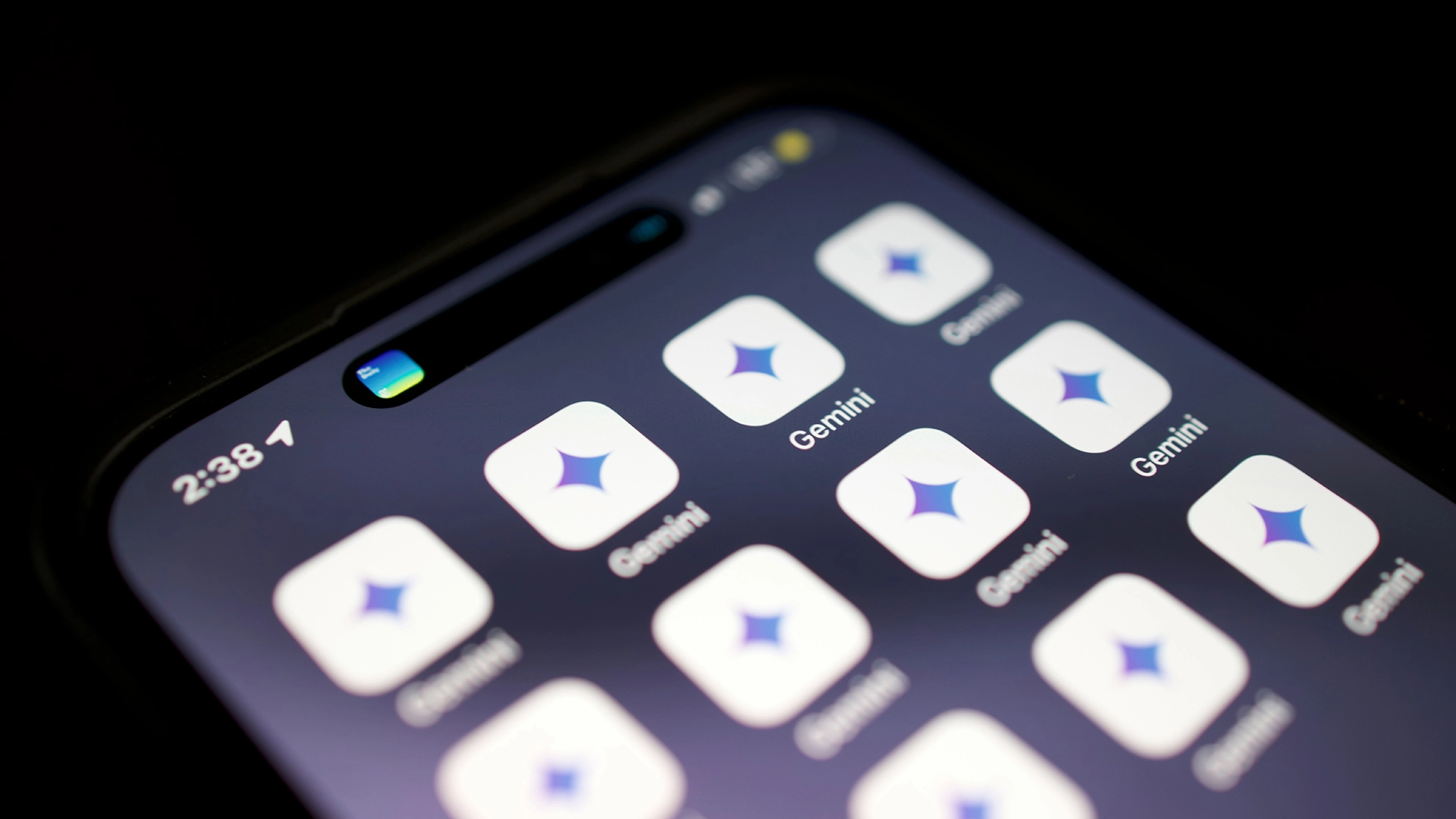
Image by Solen Feyissa, from Unsplash
For The First Time, Google Reveals How Much Energy It Takes to Ask Gemini A Question
Google has for the first time just given us a glimpse into the footprint of asking questions to its AI models.
In a rush? Here are the quick facts:
- A Gemini text prompt uses 0.24 watt-hours—like a microwave for one second.
- Each Gemini query consumes five drops of water and emits 0.03 grams CO2.
- AI chip processing accounts for 58% of Gemini’s total electricity use.
A new technical report, first reviewed by MIT, the median Gemini text query uses 0.24 watt-hours of electricity. To put that into perspective that’s, like running the microwave for a second, or watching tv for about nine seconds. And it’s not just electricity. Each prompt also consumes five drops of water and produces 0.03 grams of carbon dioxide.
“We wanted to be quite comprehensive in all the things we included,” said Jeff Dean, Google’s chief scientist, as reported by MIT. He explains that the report covers not only the AI chips but also supporting infrastructure like CPUs, memory, backup machines, and data center cooling systems.
MIT reports that the findings show that only 58% of energy use comes from the chips powering Gemini. Support hardware accounts for 25%, idle backup equipment 10%, and cooling and overhead 8%.
“With great computing power comes great environmental responsibility,” said Partha Ranganathan, a Google VP, adding that the company is focused on reducing AI’s climate impact, as reported by Axios.
According to Google, their text prompt energy consumption and emissions have decreased substantially since May 2025, as they have improved models and software optimization. MIT reports that this has resulted in 33 times less energy usage, and 44 times lower CO2 emissions, when compared to the previous year.
The company achieved additional emission reduction through its clean energy purchases which have reached 22 gigawatts since 2010.
The report focuses exclusively on text queries while ignoring the resource-intensive processes of image and video generation and it fails to consider the high energy requirements needed for training AI models. The total number of Gemini queries remains undisclosed by Google which hinders the evaluation of its overall impact.
Still, Axios points out that the report only covers text queries, not the more resource-intensive tasks of generating images or videos. Additionally, it does not address the heavy energy demands of training AI models. Critics also note that Google has not disclosed the total number of Gemini queries, making it difficult to assess overall impact.
Even so, experts called the disclosure a milestone. “I think this will be a keystone piece in the AI energy field,” said Jae-Won Chung of the University of Michigan, as reported by MIT. Hugging Face researcher Sasha Luccioni added: “People want to know what the cost is.”


 Previous Story
Previous Story

 Latest articles
Latest articles 